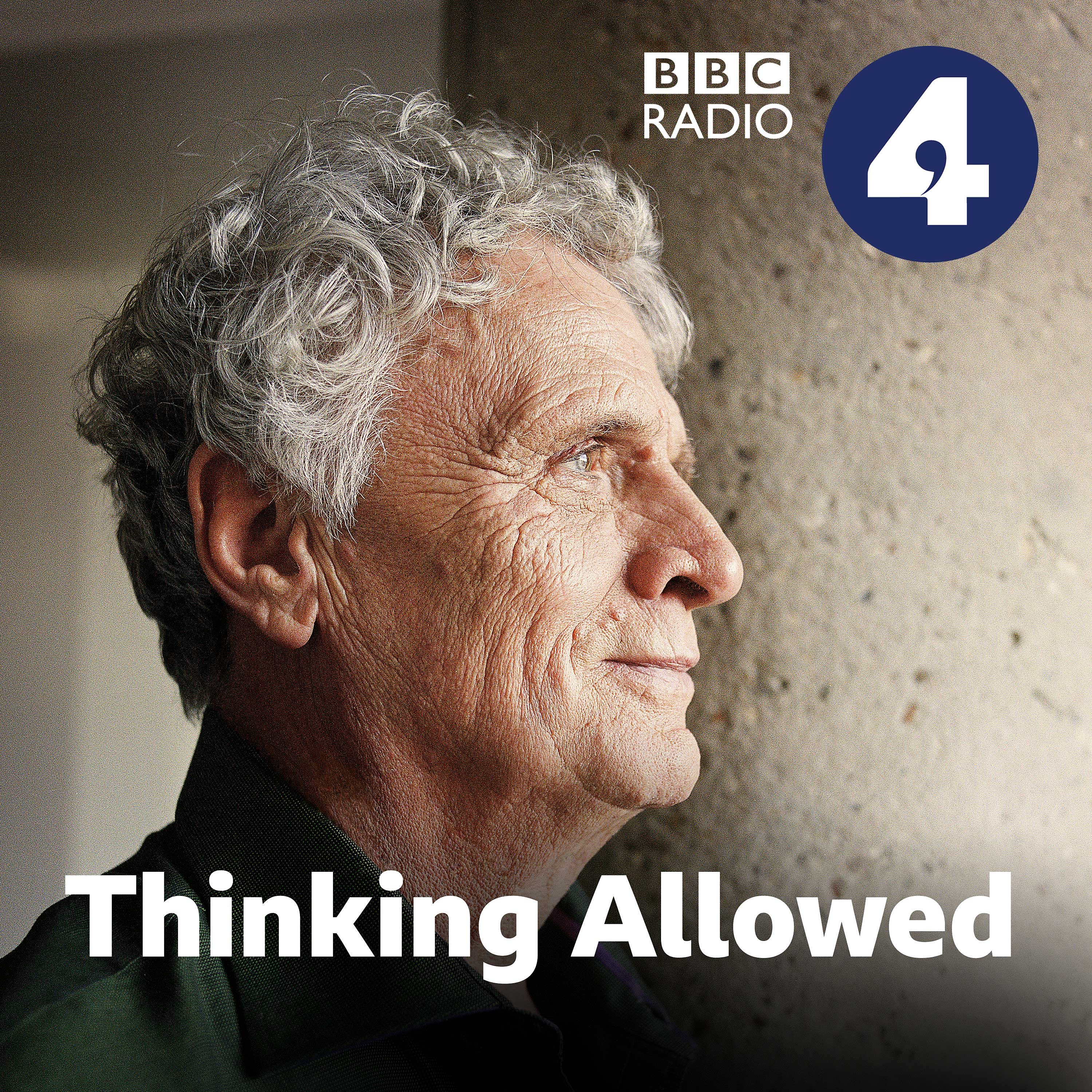
Poverty and 'Shame'; Small-Scale Technology in India
Thinking Allowed
Poverty and 'Shame' - shame was once described as the 'irreducible core' of poverty by Nobel laureate, Amartya Sen. Laurie Taylor looks at new cross cultural research which examines the psycho-social consequences of being poor in countries as diverse as Britain, Pakistan and South Korea. Elaine Chase, Research Officer at the Department of Social Policy and Intervention at the University of Oxford, considers the way that shame and stigma have been experienced by British people receiving welfare aid throughout history. She found that feelings of unworthiness, guilt and shame were common. In the current day, her study found that poor people accepted that 'other peoples' poverty was the result of personal failures rather than structural factors. The only alibi for their present circumstances was to deflect blame on to the 'undeserving' poor. She's joined by Sohail Choudhry, Research Assistant, also at the University of Oxford, whose Pakistan based interviews offered a contrasting perspective. Pakistanis on the 'breadline' also felt shame, but were also more inclined to blame the government and the 'big guns' for their reduced state. Also, Professor of History, David Arnold, describes the impact of small scale technology on modern India. How the sewing machine, bicycle and typewriter reinvented every day life and work leading to new ways of thinking about the politics of colonial rule and Indian nationhood. Producer: Torquil Macleod.Next Episodes

Race in Police Disciplinaries; Protestant Fishermen in Scotland @ Thinking Allowed
📆 2014-03-19 17:45 / ⌛ 00:28:13

Post-Katrina New Orleans; The Capitalist Personality @ Thinking Allowed
📆 2014-03-12 17:45 / ⌛ 00:28:23

Elite Graduates in France and UK; Surnames and Social Mobility @ Thinking Allowed
📆 2014-03-05 17:45 / ⌛ 00:28:13

Generational Divide; Webcam @ Thinking Allowed
📆 2014-02-26 17:45 / ⌛ 00:28:25

The Great Indoors @ Thinking Allowed
📆 2014-02-19 17:45 / ⌛ 00:28:25